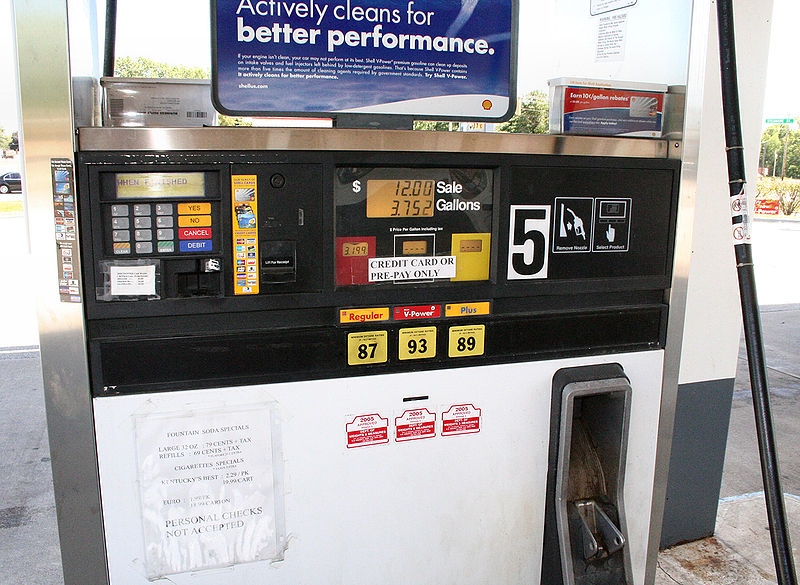
Gasoline has been criticized for decades for its major contribution to air pollution and climate change. Gasoline is produced from crude oil, a fossil fuel that is getting harder and harder to come by. More than 90 percent of oil used to make gasoline is refined within the United States; however, less than 35 percent of that oil actually comes from the United States. The many problems with using gasoline as a fuel have Americans looking for other ways to power their cars.
Diesel fuel is made from crude oil, similar to gasoline; however, it is made from substances left over from the refining of gasoline. Diesel fuel is much more popular in European countries than in the United States, where it is primarily used in commercial vehicles. Diesel fuel is slower-burning than gasoline and provides higher fuel efficiency, yet its fossil-fuel origins link it with the same environmental concerns as gasoline.
Biodiesel is a form of diesel fuel made from renewable, natural sources, rather than crude oil. Biodiesel is commonly made from plant or animal products and has lower emission levels than traditional diesel fuel, although it is not pollution-free.
Hydrogen can be made with water or natural gas, but it is not easily stored. Special tanks are required to safely store hydrogen, driving the cost up tremendously. As new technology develops to store hydrogen more easily, expect to see it make more progress as an automobile fuel. Unlike other fuel options, hydrogen would require a complete overhaul of our fuel-distribution system. Hydrogen vehicles only emit water vapor from their exhausts, a huge advantage to the environment. However, hydrogen has a lower energy level than gasoline, so more hydrogen is needed to provide the same output as gasoline.
As of 2009, ethanol is the most widely used fuel alternative to gasoline. Ethanol is a fuel made from plants, most commonly corn. Ethanol is primarily used as an additive to gasoline. Most gasoline sold today contains up to 10 percent ethanol. Ethanol is commonly referred to as E85, or flex-fuel. E85 fuel gets its name for containing 85 percent ethanol and 15 percent gasoline. Many experts see ethanol as only a short-term replacement for gasoline. The amount of land and energy required to develop corn-based ethanol outweigh benefits and be difficult to sustain. Ethanol made from other substances such as switchgrass and sugarcane may provide improved environmental and economic benefits.
While electricity isn't a fuel alternative for internal-combustion engines, it is a fuel alternative to gasoline in general. Electricity can be used to power electric motors when they are equipped in cars. The charge is held in a battery. The most common complaint about electricity-powered automobile is that most of the electricity in the United States comes from coal, a nonrenewable fossil fuel. The benefit to electricity is that it can be generated from renewable sources, such as solar, wind and water.